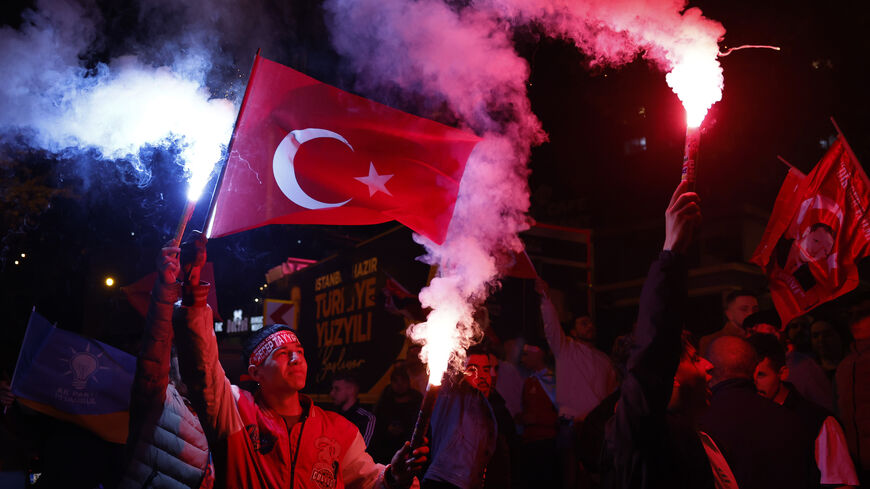Turkey has had at least 12 internet restrictions or shutdowns since 2015 according to new data, capping Recep Tayyip Erdogan's presidency as he seeks a new term.
With a critical presidential election runoff on Sunday, Turkish voters are on high alert for potential censorship and internet shutdowns.
In the first presidential election round on May 14, Erdogan won 49.24% of the vote, shy of the 50% needed to win the election outright. Opposition leader Kemal Kilicdaroglu won 45.07% of the votes, followed by nationalist Sinan Ogan who picked up 5.28% of the votes but has since thrown his weight behind incumbent Erdogan.
Twitter authorized on the eve of the election the restriction of specific user accounts in Turkey following the Turkish government’s request. The government also restricted the popular social media platform Eksi Sozluk.
According to data from cybersecurity company Surfshark, there have been 12 recorded internet restrictions in Turkey since 2015, all happening during political unrest. Erdogan became president of the country in August 2014 and is Turkey’s longest-serving leader.
Surfshark said Turkey is the fourth highest country in Asia in terms of internet restrictions and ranks first in Western Asia.
The last internet disruption in Turkey happened on Feb. 21 when the government restricted Eksi Sozluk to “stop the spread of misinformation” as elections drew near. The government blocked access to the site for critical content over the authorities’ response to the deadly earthquakes that claimed the lives of at least 50,000 Turks.
“Turkey’s history of internet shutdowns, coupled with the recent restrictions on social media, highlights the concerning trend of suppressing information during political unrest,” Surfshark spokesperson Gabriele Racaityte-Krasauske said in a statement.
“This raises alarm over the possibility of further internet restrictions as the upcoming elections draw near. A potential internet restriction during the election could hinder the spread of crucial information that could shape the outcome of the election, undermining the very essence of democratic elections," she added.
Human Rights Watch on May 10 — four days before the presidential election that ended in deadlock — warned that the Erdogan government would exert “considerable control” over the internet to undermine the outcome of the election.
One day after the tightly contested presidential election, the Organization for Security and Cooperation in Europe accused Turkey’s High Election Board of showing a lack of transparency in its handling of the elections and expressed concern over bias in state-run media coverage of the contest.
According to Surfshark, since 2015, at least 29 countries have had election-related internet restrictions. Asia leads the world with 580 since 2015 — significantly higher than the 104 disruptions in Africa, which ranks second.








